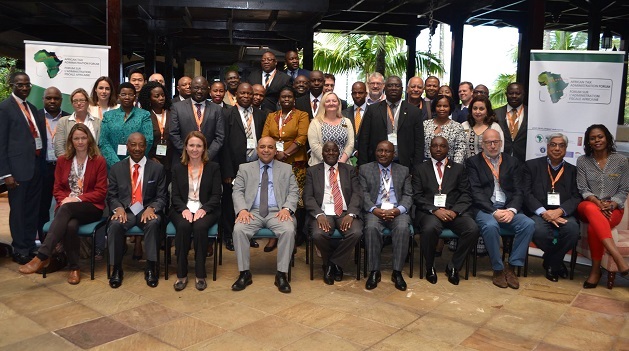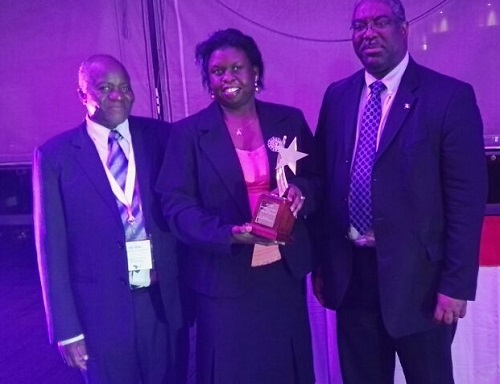
Uganda has been re-elected member of the African Tax Administration Forum (ATAF) council at the ongoing General Assembly in Durban, South Africa.
The country’s revenue authority URA also won two awards, coming top in Africa in the 2016 Innovation Awards in Customer Service and the Innovation Awards for Modernization.
The new ATAF Council elected for 2016-2018 has Nigeria as chair, Mauritius as vice chair, South Africa has a permanent seat in the 9-strong council that includes Uganda, Liberia, Swaziland, Ghana, Burundi and Tanzania. The ATAF Council is the organisation’s advisory and steering body.
Uganda’s representative in ATAF is Doris Akol, Commissioner General of Uganda Revenue Authority (URA). She was also on the last council that was chaired by Zimbabwe.

In the elections for the ATAF council on Wednesday, Nigeria defeated Togo by 13 votes to four. Nigeria’s representative in ATAF is Fowler Babatunde, Executive Chairman, Federal Inland Revenue Service, FIRS.
ATAF is an international organisation for revenue authorities in Africa. The organisation was launched in Kampala, Uganda in November 2009 and provides a platform for African revenue authorities to articulate African tax priorities, develop and shape best practices and build capacity in tax policy and administration. Its membership comprises 38 tax administrations across the African continent.
The continent’s heads of tax administrations meet regularly to map out ways of optimally leveraging Africa’s untapped tax base.
The 4th conference is running under the theme: “Harnessing the African Cash Economy: Contributing Towards Expansion of the African Tax Base.”
The tax leaders will discuss the underlying aspects, reasons and consequences of the cash economy, and its implications for tax revenues, tax burden as well as revenue forgone due to non-compliance with tax laws.
The conference aims to propose practical solutions in dealing with a cash economy in order to broaden the tax base in Africa. This in a bid to maximise revenues within the current cash environment as well as encourage migration to the non-formal economy such as e-wallet and both mobile phone and internet banking.
A cash economy is basically economic activity where goods and services are substantially paid for in cash and where transactions are generally unrecorded making it extremely difficult for potential revenue to be harnessed into the tax net.
ATAF hopes to curb base erosion by helping member states identify the dynamics of a cash economy in an endeavour toward maximising domestic resource mobilisation on the continent.
 The Independent Uganda: You get the Truth we Pay the Price
The Independent Uganda: You get the Truth we Pay the Price



